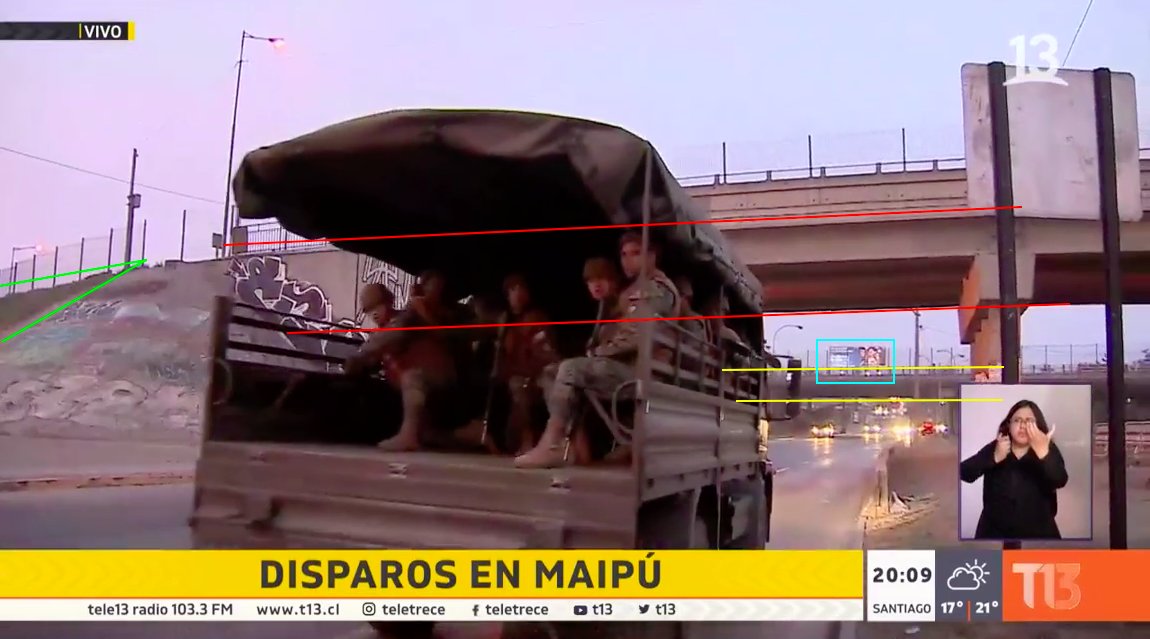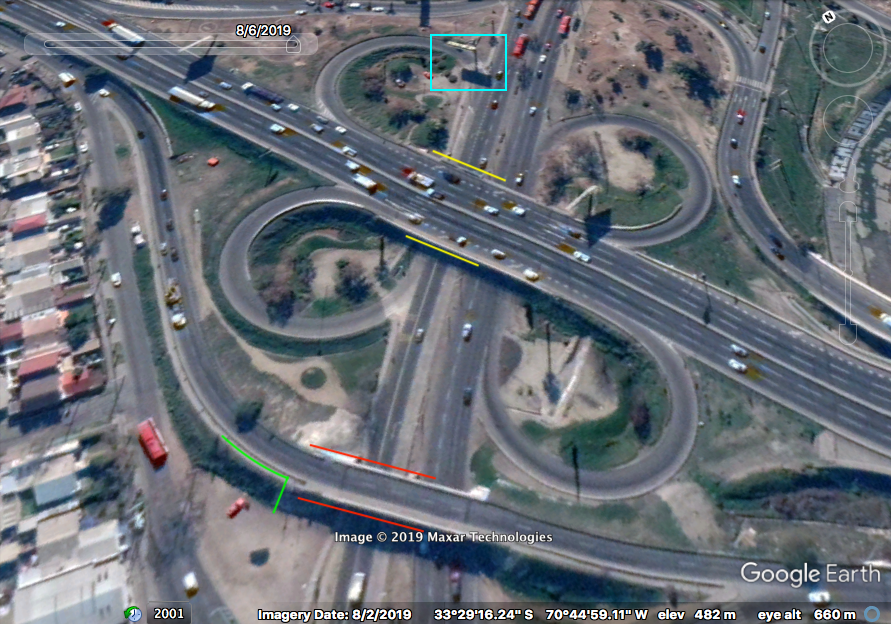Here, I suggest how I think the text can, and perhaps even *should*, be read.
Please feel free to share better ideas.
Per their agreement with Moses, the tribes of Reuben, Gad, and Manasseh are allotted land on the far side of the Jordan,
which, in 22.6, they go to inherit.
which Israel soon comes to hear about.
Or least we would *assume* they discussed what to do.
All we’re actually told, however, is the upshot of their discussion,
which suggests they did not confer for long.
which is surely a sensible course of action.
(Always get the facts straight before you start a war.)
The trans-Jordanians haven’t built a copy of Israel’s altar in bad faith, they tell him. They don’t even intend to offer sacrifices on it.
What should Phinehas do?
Can the trans-Jordanians be trusted?
Should Phinehas demand to see the altar for himself?
Phinehas accepts the trans-Jordanians’ explanation (since it ‘seems right in his eyes’);
the war is called off;
and the Israelites return to their towns (since Phinehas’s decision ‘seems right in their eyes’ too),
Peace is hence maintained in Israel, and all is well.
Or at least so it seems.
But was Phinehas’s decision the correct one?
I’m personally not so sure.
Here’s why.
Sometimes that information is accurate;
sometimes it is incomplete;
A relevant example can be found in Joshua 9, where Joshua is presented with false information by the Gibeonites and makes a bad decision on the basis of it.
But that’s not always what *is* done.
The Israelites fail to seek YHWH’s counsel. And, as a result, they make a bad decision,
which marks the start of the break-up/disntegration of Israel.
Below are some reasons why I think Joshua 22 should be read in such a way.
For instance, we’re told where the Israelites gather when they decide to go to war,
who they send to speak to the trans-Jordanian tribes,
the unusual size of the trans-Jordanian altar,
and many other things.
Who does it matter, for instance, where the Israelites gather?
And why are the plundered metals listed in the order ‘silver, gold, bronze, and iron’? Why not in order of value?
which, like the events of Joshua 22, are framed within the context of a time when men do what seems right ‘in their (own) eyes’.
As such, the wider Biblical narrative casts the events of Joshua 22 in a distinctly negative light.
Phinehas should have sought counsel from YHWH, but failed to do so.
In 22.10, the trans-Jordanians are accused of treachery. Specifically, they are said to have followed the example of Achan,...
The man of God is told to go to Samaria, deliver God’s word of judgment to the king, and return to Judah without hesitation.
The false prophet invites the man of God to turn aside and eat and drink with him.
‘After this thing occurred’, we are told (i.e., after the man of God disobeyed God’s word and died), ‘Jeroboam did not turn from his evil way’.
I.e., Jeroboam was emboldened by the man of God’s death.
Israel goes from one centre of worship in the wilderness,
to two centres of worship in the days of Joshua 22,
to four in the days of Jeroboam (courtesy of the calves in Bethel and Dan).
In Scripture, the shape of world history often mirrors the shape of Israel’s history (and vice-versa)—a point I might tweet on some time—,
which is very evident in Daniel’s visions.
First, it tells a story of disintegration.
In sum, then, I take Phinehas’s decision in Joshua 22 to have been a bad one.
Viewed in light of the wider Biblical narrative, Phinehas’s decision seems to have kickstarted the gradual disintegration of Israel’s unity and worship,
Either way, it’s been fun to think about some of these things (I hope), and the lesson for us is fairly clear.
And, before important decisions are made, always seek counsel from the Lord.
Pray, Pray, and, again I say, Pray!
THE END.



















